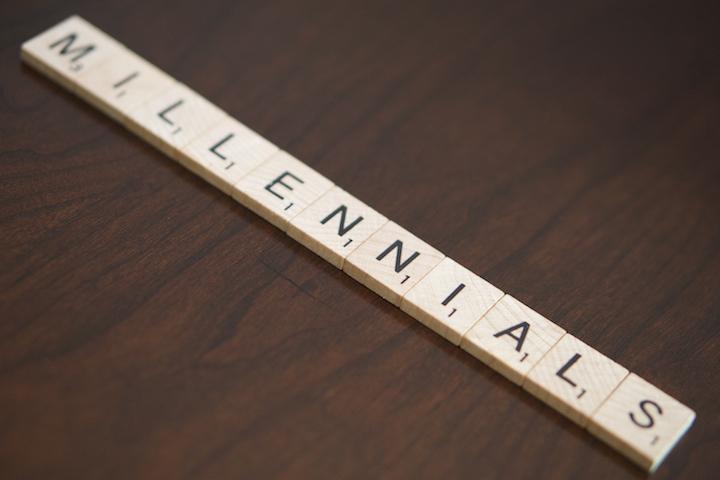The end of American civilization is approaching, and it’s approaching quickly. Soon, no one will work. The economy will grind to a halt. Cars will disappear from the roads. Adults will idly wander around cities, unable to do anything for themselves, helpless. Breakfast cereal will be a discarded relic of a bygone era. The culprit? Millennials, in all their entitled, lazy self-righteousness.
At least, that’s what many news outlets, authors, research firms, corporations and disgruntled baby boomers would have you believe. Nearly every week is marked by a new report, survey or article decrying the negative personality traits of millennials or wondering at their – at our – enigmatic habits. Yesterday saw a debate about whether or not millennials will buy enough cars to sustain the auto industry. Earlier this month, Politico mused about Donald Trump’s supposed appeal to millennial voters who admired his “honesty” and “emotion” without considering his policies. Numerous blog posts advise companies on “how to engage with” or “how to get at” or “what to do with” the young demographic, though no one seems to have a concrete answer.
Last month, The New York Times and The Washington Post both published columns about food, expanding on an alarming premise: 40 percent of millennials, seemingly horrified at the effort required to put a bowl and a spoon in the dishwasher after eating, find breakfast cereal inconvenient, according to a 2015 study. The Post called it a “national trend toward laziness.” What better embodiment of the dangers facing society as the children of the ’80s and ’90s begin to exert their influence than our collective refusal to eat breakfast because cereal is just too hard?
However, that narrative is itself lazy and entitled. For starters, the cereal statistic cited by The Times and The Post is missing some context: Both columnists neglected to mention that the survey concurrently polled about 2,000 Internet users. In other words, the current breakfast habits of people in their teens and 20s were compared to the current breakfast habits of people in their 70s. Young people and old people disagreeing isn’t a peculiar artifact of the millennial scourge; it is and has long been a fact of life.
Millennials are also doing things like going to college at record rates and engaging with activities outside of work – including activism, service and non-academic classes – as much as and more than our parents did. Not to mention, there are a host of explanations beyond laziness for why our generation is less likely to partake in breakfast cereal and its empty, sugary carbohydrates.
Beyond cereal, the problem with how (older) members of society interact with millennials is their belief that we are something foreign and monolithic. We are neither. Instead of trying to “understand” and “decode” and “forecast” us, we suggest older generations try something different: Talk to us. We don’t bite. We don’t, despite our undeniable co-evolution with the Internet, run from society.
A half-century ago, alarmist columns focused on the existential threat of hippies; now, that generation is worrying about us, but from too far away to actually know who we are.
A genuine attempt to describe millennial culture might start with the important caveat that we are the most racially, ethnically and economically diverse generation in American history. We are, generally speaking, more accepting than previous generations – gay marriage, interracial marriage, expanded mental health care and access to abortion all find majority support among millennials in the US, according to a 2014 Pew Research Center study.
We are, by and large, adaptable to change. Growing up as the world became globalized and the Internet opened the gates to information and communication tends to do that. While we are less willing to work overtime hours, according to one study, our reasons go beyond sloth and pride: The same study recognized we tend to believe a job is just, well, a job. Many of us who aren’t working 60 hours a week are spending that extra 20 on community enrichment, campaigns, well-being and travel. We’re presiding over the rise of the on-demand service economy and its belief in innovation and small-business. True, Martin Shkreli was one of us – but, to be fair, Donald Trump is 100 percent baby boomer.
As a collective, millennials aren’t perfect by any means, or even any better than any other generation. But that’s not the point. We don’t want to be pitted against our parents and grandparents and role models. The constant questioning of our morals, disparaging of our beliefs and treatment of us as riddles to be solved is insulting. It’s time for the rest of the world to treat millennials with some true respect. Surely, we are entitled to that.
Photo courtesy Optician Training, Creative Commons















